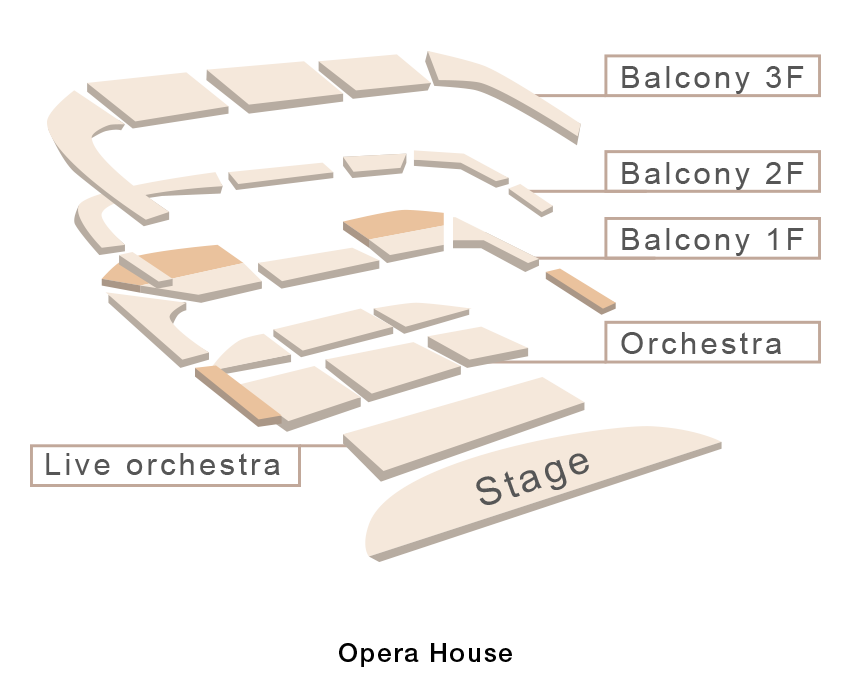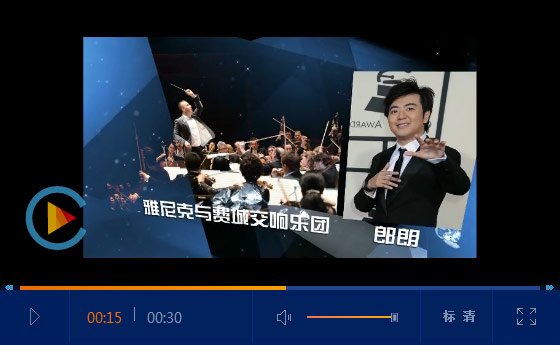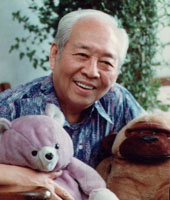
Wu Zuguang Playwright
Famous scholar, playwright, calligrapher, most legendary culturati in contemporary China, praised for "conscience" of Chinese intellectuals by public opinion at home and abroad, and the backbone of the Chinese traditional culture.
Mr. Wu has profound cultural background and is well known at eighteen years old. Since the 1930s, he has been very prestigious in the circles of drama, literature, and calligraphy, with more than 50 works covering drama, prose, political comment, and calligraphy, such as Return on a Snowy Night, Make a Living Wandering from Place to Place, Flower Is a Go-between, and Anthology of Wu Zuguang.

Ren Ming Director
Ren Ming is a director and deputy dean of Beijing People's Art Theatre, Member of Art Committee of NCPA. He has directed more than sixty drama works, including
Beijing Grandpa, South Street & North Yard, Family Album, Sunrise, Lotus, I Love Peaches Blossom, Desire under the Elms, Football Club, The First Intimate Contact, Caring Friends, etc.
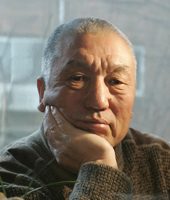
Xue Dianjie Stage Designer
Xue Dianjie, Liaoning of origin, ever went to DDR for study. After returning, he served as stage art designer of the Central Experimental Theatre and China Youth Art Theatre, and Vice President of the Central Experimental Theatre. He is the class-A stage art designer of National Theatre of China, member of China Artists Association and Chinese Theatre Association, ever served as President of the 2
nd and 3
rd sessions of China Association of Stage Arts, and Chairman of OISTAT, and is the honorary President of China Association of Stage Arts. In 1992, he obtained the government special allowance. In October 2003, he was appointed as visiting professor of the Central Academy of Drama. In 2007, he won the title of "outstanding drama art worker of the Ministry of the Culture". In 2010, he published
Xue Dianjie Stage Art Works.
Representative works: Wrong Act in Commercial Circles, The True Story of Ah Q, Legend of Galileo, Season of Cherry, The Jade of the He Family, The Three-penny Opera, Die without a Burial Place, Battlefield of Life and Death, Cheng Ying Saves the Orphan, The Same Person, Journey to the West, Our Jingke, and Four Generations under One Roof. He ever won Wenhua Award of the Ministry of Culture, national stage art excellent project award, art festival stage art design prize, and the outstanding contribution prize for 2nd National Stage Art Exhibition in 2003.
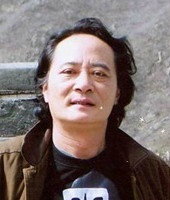
Xing Xin Lighting Designer
Class-A lighting designer of National Theatre of China and outstanding expert of the Ministry of Culture. He is interested in different kinds of art, and has repeatedly received "Wenhua Award", "China Festival Award", "China Art Festival Award", "Golden Lion Award for Drama", "Five-One Project Award", "Chinese Opera Society Award", "Chinese Stage Design Society Award" and other national awards.

Cong Lin Assistant Director
Cong Lin is a performer of Beijing People's Art Theatre, who plays many roles in more than 60 works such as dramas
Thunderstorm, Teahouse, Rickshaw Boy, The No. 1 Restaurant in China, Mutiny, Lotus, Bosom Friends and
Sunrise. Cong Lin always follows the creation principle of realism in director's work.
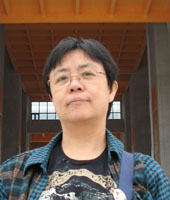
Yan Ni Costume Designer
Costume designer of Stage Design department of Beijing People's Art Theatre. Over the years, she served as costume designer in many plays, films and television plays. The main works include: drama Ruan Lingyu, Butterfly Dream, An Unusually Lucky Person, Antique, Waiting for Godot, I Love Peach Blossom, Desire under the Elms, Camel Xiangzi, Dragon Beard Ditch, Bosom Friend, Sunrise and so on; television play Han Xin, The Grand Mansion Gate, Thick Red Chamber, The Mou's Manor, Indanthrene, Eight Thousand Hunan Women Go up the Tianshan Mountain and so on. She has won the stage design prize of 'Golden Chrysanthemum Award' held by Beijing Municipal Government.
Xu Li Make-up Designer
Make-up artist of Department of Stage Art of Beijing People's Art Theatre, and the main works include:
Antique, Waiting for Godot, The Wonders of Natural Beauty Are Boundless, Nirvana of Gou Erye, Wuchang ·
Nv Diao, Courtyard South of North Street, Beijinger, Family Photo, Wotou Hall, Dinner, Relationship and so on.
Zheng Chen Acoustic Designer
Head of Sound Effect Team of Beijing People's Art Theatre. The main drama works include:
First Intimate Contact,, Teahouse, There Is a Poison, Contract Marriage, Confessions of a Man, Wotou Hall, Desire under the Elms, Hamlet, Bosom Friend, Looking for Spring Willow Club and so on. Among them, effect design drama
Confessions of a Man won the outstanding stage art prize for the 8
th China Drama Festival.
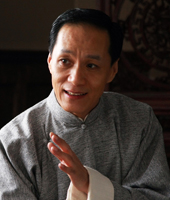
Feng Yuanzheng as Su Hongji
Beijing People's Art Theatre. National class-A actor.
In 1985, he was enrolled into Beijing People's Art Theatre. In 1989, he was invited to the Drama Department of West Berlin Art Institute of Federal Republic of Germany for drama study (Grotowski school). He Returned to China in 1991 and served as actor in Beijing People's Art Theatre. On September 19th, 2004, he won the best supporting actor for excellently acting Arong role in A Beautiful Shanghai at the 24th Golden Rooster Awards. In 2005, he won the Plum Award of the 22nd Chinese Drama Awards - (play Family Photo), acting prize of 12th Wenhua Award, Favorite Actor Prize at the 8th China Art Festival. In 2010, he attained the Golden Lion Award for Drama (drama Bosom Friend).

Yu Shaoqun as Wei Liansheng
Chinese Actor, a graduate of Wuhan Municipal Arts School, major in Hanju Opera.
His honors include Best New Performer Award at The 3rd Asian Film Awards, Best New Performer at the 46th Taipei Golden Horse Film Festival, Best New Performer"at the 13th Huabiao Film Awards, Best New Performer at the 12th China Film Society Of Performing Art Award and Best Performer at the 16th Beijing College Student Film Festival,ect.
Films: Mei Lanfang, Kung Fu Wing Chun, New Shaolin Temple, A Chinese Fairy Tale, The Founding of a Party, The Revolution of 1911 and The Man Behind the Courtyard House, etc.
TV Series: The Firmament of the Pleiades, 100 Flowers Hidden Deep and The Magic, etc.

Cheng Lisha as Yuchun
Cheng Lisha, an actor of Beijing People's Art Theatre, has ever starred in drama The First Intimate Contact, Affectionate Men & Women, Hamlet, etc., films and TV series The Secret History of the Qing Emperor Nur Ha Chi, Big Dock, Change Son For Becoming a Dragon, The Last Princess and She Would Marry a Millionaire, Love in a Fallen City, etc.
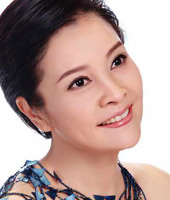
Liang Danni as Aunt Ma
Liang joined the army at nine years old; in 1983, she was transferred to civilian work, assigned to Drama Troupe of China Railway Art Troupe as an actor. In 1991, she was transferred to actor troupe of Guangdong TV as an actor. In 1996, she was transferred to Beijing People's Art Theatre as an actor. In 2007, she won the Golden Lion Award for Drama (playing the role of Aunt Chunxiu in drama
Family Photo).

Cong Lin as old Wei Liansheng
Cong Lin is a performer of Beijing People's Art Theatre, who plays many roles in more than 60 works such as dramas
Thunderstorm, Teahouse, Rickshaw Boy, The No. 1 Restaurant in China, Mutiny, Lotus, Bosom Friends and
Sunrise. Cong Lin always follows the creation principle of realism in director's work.
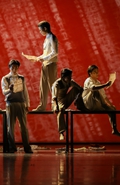 Repertoire
Repertoire
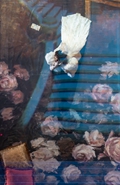 Films
Films
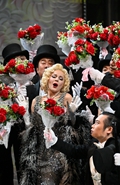 Videos
Videos
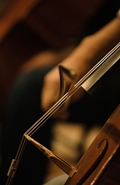 Podcast
Podcast
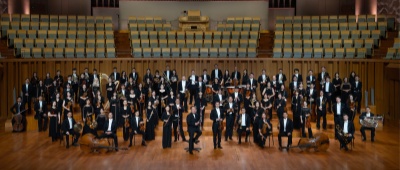 China NCPA Orchestra
China NCPA Orchestra
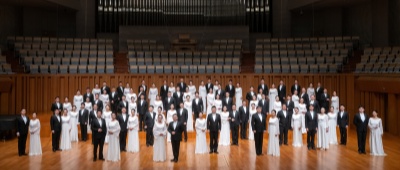 China NCPA Chorus
China NCPA Chorus
 NCPA Resident Singers
NCPA Resident Singers
 NCPA Drama Ensemble
NCPA Drama Ensemble
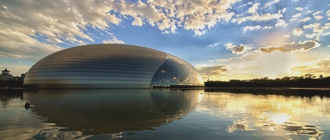 Buildings
Exhibitions
Buildings
Exhibitions
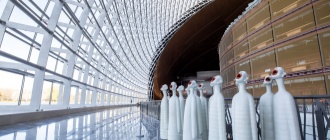 Opening Hours
Services
Opening Hours
Services
 Western Cuisine
NCPA Café
Arts Gifts
Western Cuisine
NCPA Café
Arts Gifts








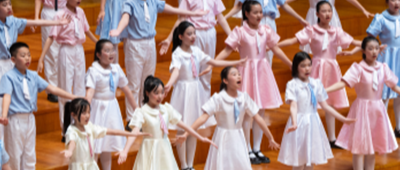
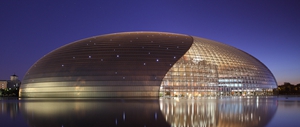
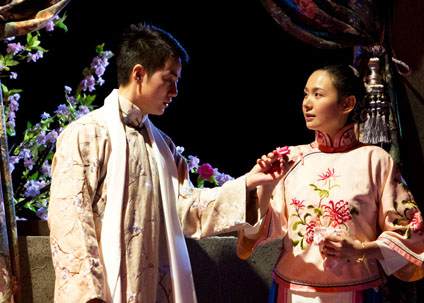





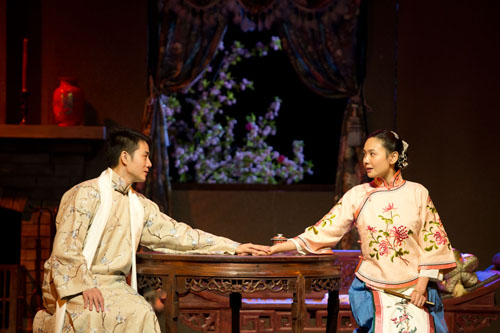
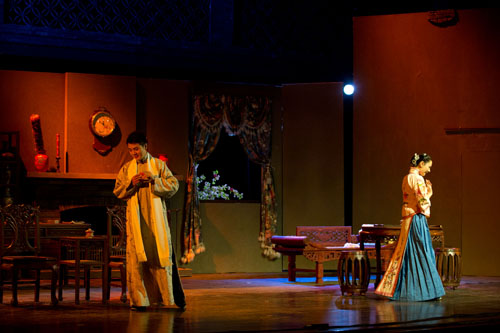
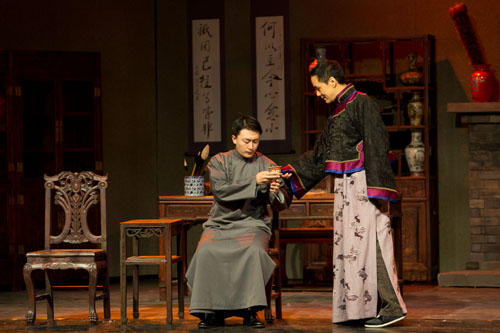











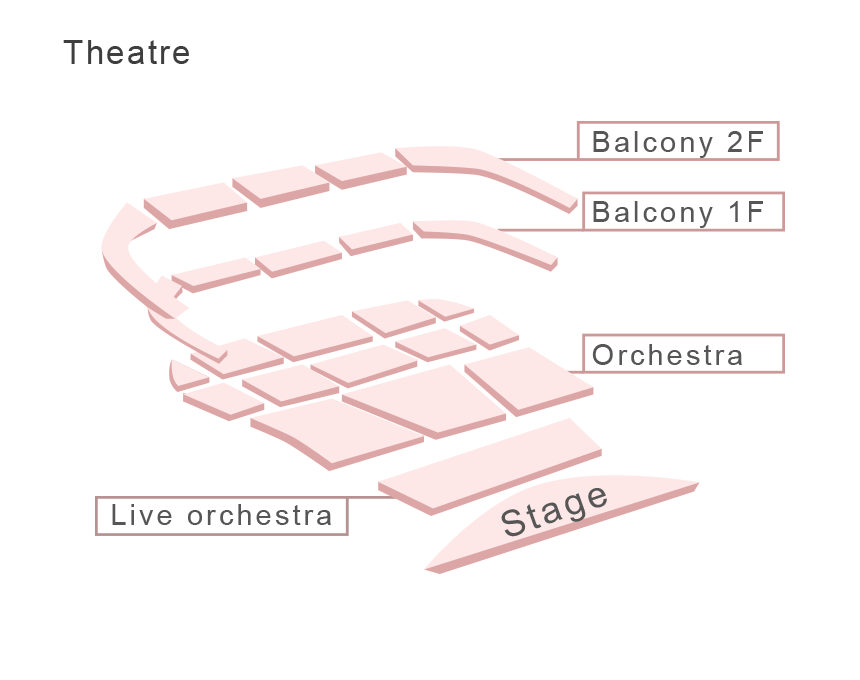 戏剧场
戏剧场
 小剧场
小剧场
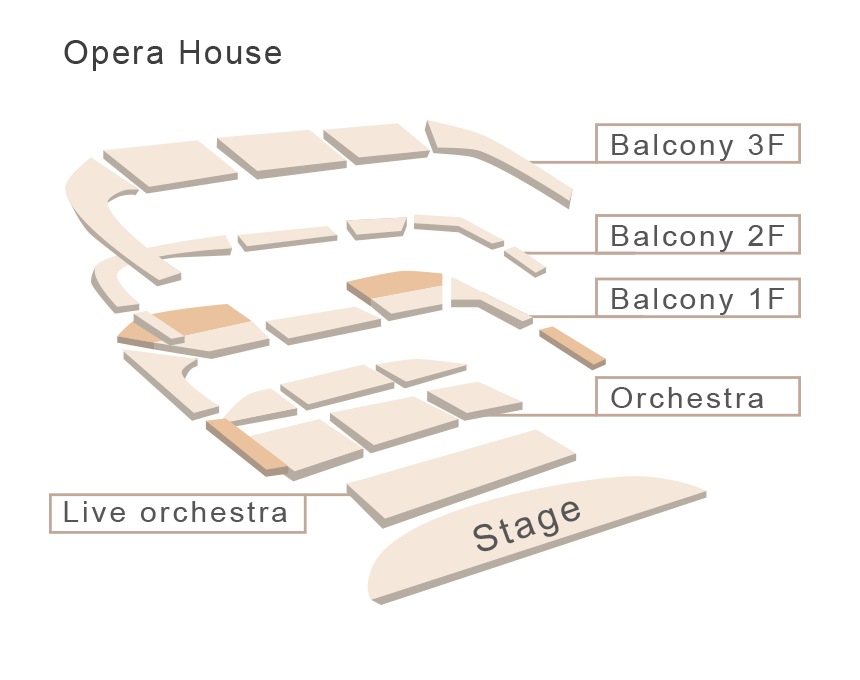 歌剧院
歌剧院
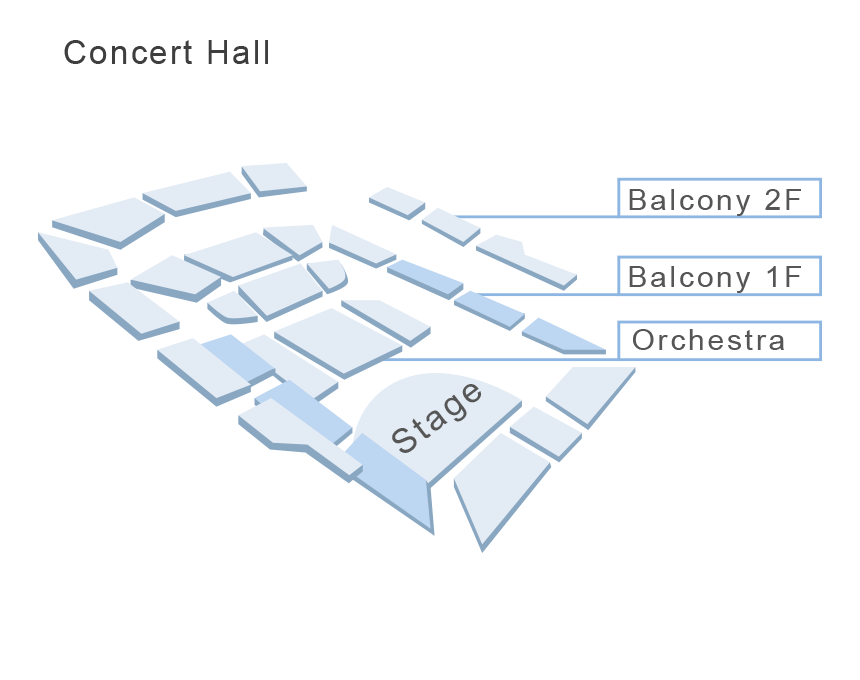 音乐厅
音乐厅











